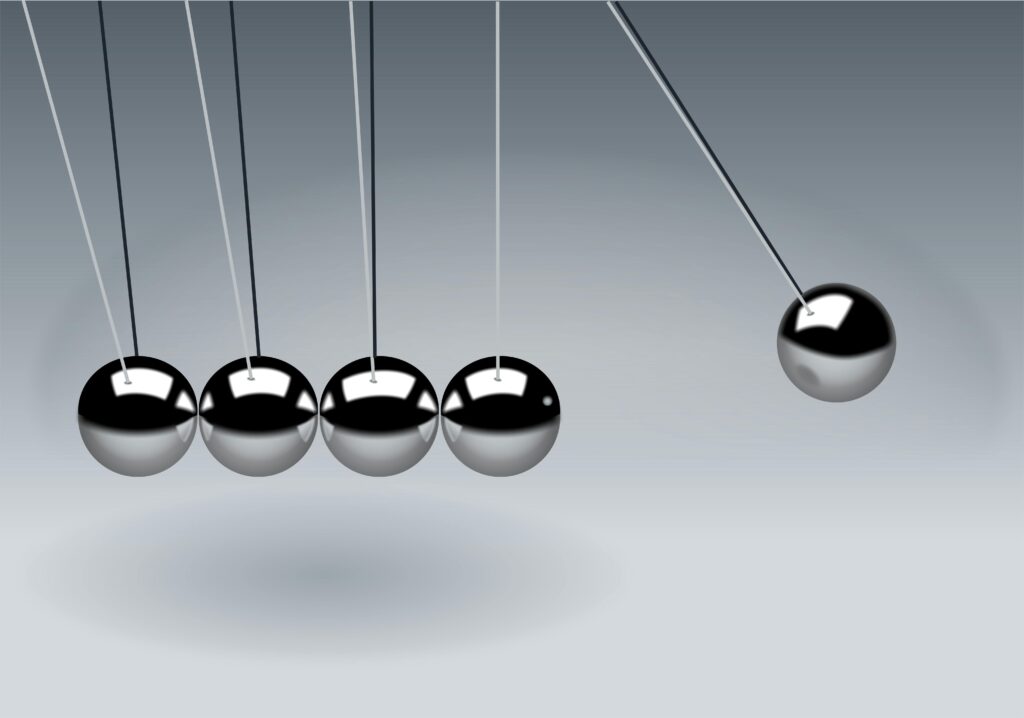For some people being authentic means: “Take me as I am right now. If you don’t like it then you can leave. This is who I am!”
This can be a hard pill to swallow for people around them: “I don’t think I like authenticity if this is how you express yourself and it leaves so little room for me.”
This makes total sense to me: “Why would I want to be near or even receive anyone else’s ‘authenticity’ when it seems like an erupting volcano and I may get caught in the hot lava flow?”
This is where I am going to pause and ask this: when a person is in the “take it or leave it” or “this is just who I am” mode, is that person being authentic or being reactive?
“Whoa! This is a tough question! What do you even mean by being authentic or reactive?” you may ask.

And I am glad that you asked because I’ve been pondering on what is the difference and this is the borrowed analogy to illustrate a point:
I have 2 feet: a left foot that is healthy and fine and a right foot that is wounded and in pain.
You accidentally step on my left foot (that is healthy) and say “Sorry! I didn’t notice your foot there.”
What am I likely to say?
Maybe something along the lines of, “It’s ok, I’m fine.”
You accidentally step on my right foot (that is wounded) and say “Sorry! I didn’t notice your foot there.”
What am I likely to say?
If I am conditioned to be polite I may still say, “It’s ok, I’m fine.” But internally I may be thinking, “What!? Are you blind? My foot is right here, how can you miss it!?!” If I am in a lot of pain I will even say what I am thinking out loud… plus a bit more.
Same you, same weight, same pressure on each of my feet yet two different outcomes.
One comes from the reactivity of the pain and the other is an authentic “It’s ok, I’m fine.”

So when I am acting from the “take it or leave it mode” I believe that I am coming from reactivity. Some people may call it a trigger but regardless: there is something hurting and needs tending to or protecting. When I come from authenticity I am coming from a self that is less hurt, perhaps even a healthy me.
I love how meditation teacher and writer yung pueblo frames it:
- “Your immediate reaction doesn’t tell you who you are, it’s how you decide to respond after the reaction that gives you real insight into how much you have grown. Your first reaction is your past, your intentional response is your present.” Read it here.
- “Our reactions not only strengthen the emotion we are feeling; they imprint upon and accumulate within the subconscious, priming us to react similarly in the future. We can manage our reactions, not by controlling what we feel, but by bringing awareness into the process. It is hard to change if you cannot see yourself.” Read more here.
How about you?:
- Do you think there is a difference between authenticity and reactivity?
- If you do, then how do you define the difference between these two things?
- If you do not think there is a difference, I am curious to understand your perspective on this topic.
~~~~~~~~~~~~~~~~~~~~~~~~~~~~~~~~~~~~~~~~
Nancy Li is a coach for high achieving professionals who struggle to be authentic and feel connected in relationships. Together, she nourishes their inner connection so they can show up fully and authentically.
Website + newsletter sign up: https://pannapanya.com/sign-up/
LinkedIn: https://bit.ly/pannapanyalinkedin
YouTube: https://bit.ly/pannapanyayoutube
Instagram: https://bit.ly/pannapanyainsta
~~~~~~~~~~~~~~~~~~~~~~~~~~~~~~~~~~~~~~
Reason for the Authentic Musings series: As a coach who helps high achieving professionals who struggle to be authentic and feel connected in their relationships I know that words can be so wonderful and confusing at the same time.
So the Authentic Musings series is a collection of articles that dive into various aspects and interpretations of high achiever, authenticity, and relationship to reach shared understanding.
Sometimes it is a deeply personal point of view and sometimes it is from conversations or surveys of others.
This is meant to be a collective musing so I warmly invite you to share yours.